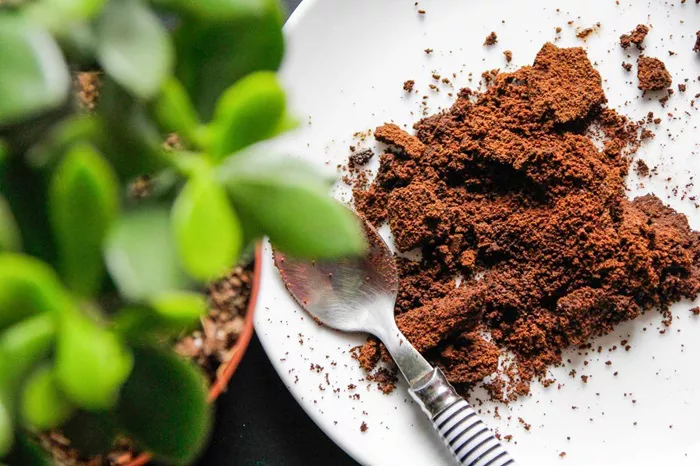Utilizing leftover coffee or coffee grounds as a plant fertilizer is a piece of traditional gardening advice that many enthusiasts swear by. But does this practice genuinely enhance plant health? We consulted experts to clarify the benefits, risks, and optimal methods for incorporating coffee into your plant care routine.
Nutrient Content in Coffee
Coffee grounds are celebrated for their nutrient profile, which includes nitrogen, potassium, magnesium, and copper, essential for plant growth. According to gardening expert Pearsoll, while brewed coffee contains fewer nutrients compared to grounds, it still provides some beneficial elements:
Nitrogen: This macronutrient is crucial for synthesizing proteins and vital plant compounds.
Potassium: Important for overall plant health, potassium aids in photosynthesis, nutrient absorption, and water regulation.
Magnesium: A core component of chlorophyll, magnesium is essential for photosynthesis.
Copper: Needed in smaller quantities, copper supports enzymatic functions and protein synthesis.
Advantages of Coffee for Gardens
Incorporating coffee grounds or brewed coffee into your garden can enrich the soil with these nutrients, though the increase may be modest according to Brewer’s research and literature reviews. More significantly, coffee provides a carbon source for soil microbes. This benefit may not translate immediately into more vibrant flowers or tastier vegetables, but over time, the microbial activity promoted by coffee can enhance soil structure, reduce erosion, and improve nutrient retention.
Conclusion
While the direct benefits of adding coffee to your garden may vary, its role in supporting soil health through microbial activity makes it a valuable addition to your gardening practices.


